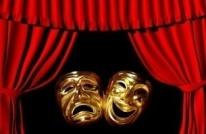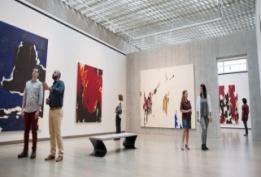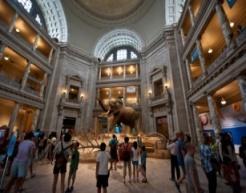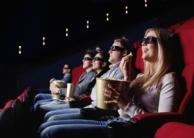| (W, P) Warm up: Elicit from students about the types of entertainment in their cities (E.g. visiting museums, going shopping, going to the concert and etc.). Look at the picture and say where these people are and what they are doing. Write their ideas on the board.  
   
Write the form of entertainment: ______________________________________________________ ______________________________________________________ ______________________________________________________ ______________________________________________________ ______________________________________________________ ______________________________________________________
Which of these activities do you prefer most of all? Which of them do you prefer less of all? Make a list of these entertainments starting with the most preferable….
Students work in pairs and write the form of entertainment shown on pictures, model the first answer: watching a film at the cinema. Draw students’ attention that their answers should begin with verb+ing. Ask students to rank the forms of entertainment individually and then compare their ranking in pairs.
Differentiation: Some students could be given another task: they can match pictures with activities given. Discuss together with a class which forms of entertainment are the top three among students.
(I, P, W) Reading Tell students that they are going to read about entertainment in London, ask the following questions: Have you ever been to London? What did you do there? What do you think you can do there? Students read the text “Entertainment in London”. Students work in pairs and choose the correct word. Encourage students to deduce the meaning of unknown words from the context. Some students may use dictionaries if they struggle to understand the meaning of the word from the context.
Formative assessment Students read the text again and fill in the missing information. Ask students to swap their copy books and check answers. Differentiation Some of the students can be given cards, they should read question and other ones should give answer if they have got. Why do most visitors go to London every year? What can London theatres offer ? Where should visitors go to see concerts? Some students can the given a list of words to choose from. This list will help them to complete the sentences with the missing words. 
Elicit from students different ways of expressing recommendations: You should _______ You shouldn’t ___________ I recommend to ___________ I do not recommend to____________ Students work in groups and write some advice in their own words for visitors to London. They should include some words from the text. Hometask A friend from another city (or country) is visiting your city for four days next week. Suggest some entertainment for each of the four evenings that they would like. Students should use language for giving recommendations and vocabulary for entertainment. | 






















